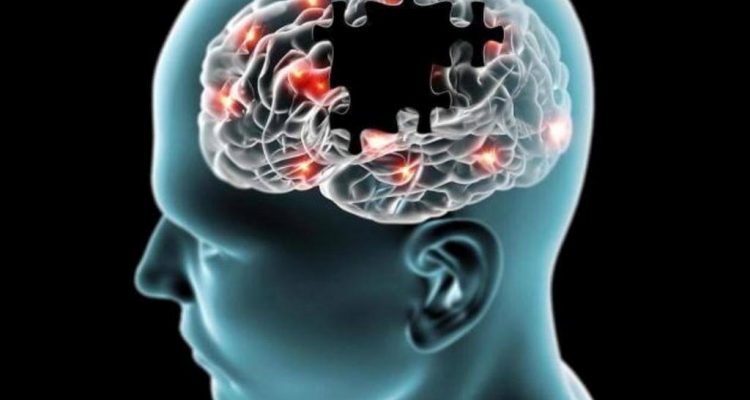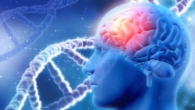
Dementia: a cure may be found in the near future – a promising discovery
1 < p>Researchers believe that one brain cell, known as an astrocyte, may play a key role in their death. Studies have shown that these cells secrete toxic chemicals that are exposed to neutrons. Scientists believe that this phenomenon could be the driving force behind most, if not all, neurodegenerative diseases.
A group of researchers from New York University made a breakthrough discovery while conducting research on mice with brain injuries. They believe the findings could pave the way for the development of new effective treatments and help inform preventive measures against disease.
Lead author of the study Professor Shane Liddelow said:
“Our results show , that toxic fatty acids produced by astrocytes play a decisive role in the death of brain cells”.
It has long been known that star-shaped astrocytes clear toxins that accumulate in the brain after head injuries.
However, the nature of this removal process has been poorly understood. It remains unclear why astrocytes secrete toxic chemicals, but researchers have suggested that they may evolve to extinguish damaged neurons before they can harm their neighbors.
While healthy cells are not damaged by toxins, neurons become vulnerable to the harmful effects of mutated or misfolded proteins. Astrocytes can lose control, leading to significant collateral damage.
To confirm these findings, the team genetically modified mice to block the production of toxic fat to determine the extent of cell death after acute injury. When the astrocytes were suppressed, 75 percent of the cells survived, compared to only 10 percent when the cells were left unregulated.
While the experiment showed promising results, the genetic method used to block the production of toxic fatty acids is not ready for use on people The team said they are working to adapt these techniques so they can be used in humans.









Leave a Reply